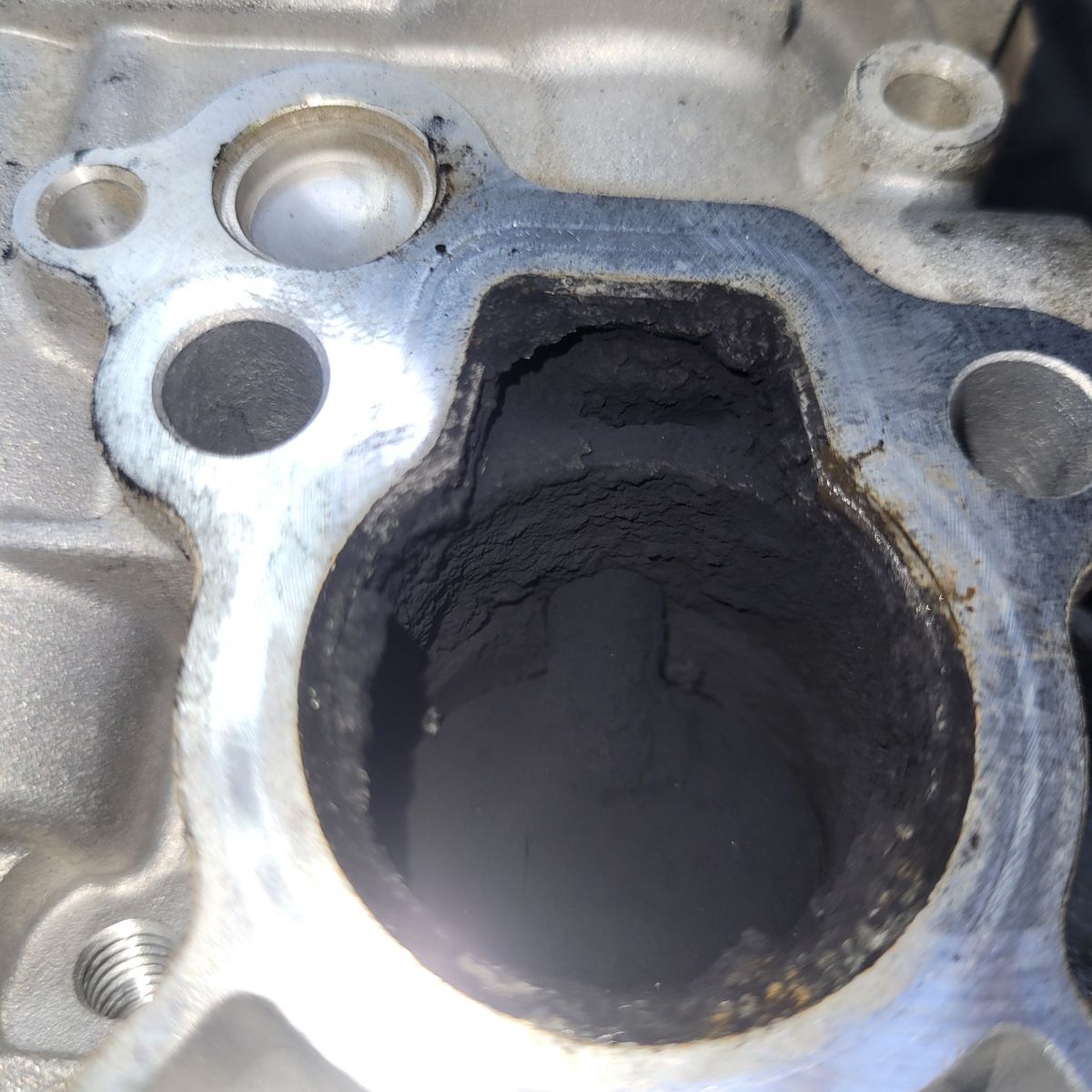What’s an EGR and Why Should You Care?
If you’ve ever had someone mention “EGR” while sorting a car service Hamilton way, you’re probably left wondering what the deal is. EGR stands for Exhaust Gas Recirculation, and it’s basically there to help your petrol or diesel engine run a bit cleaner, especially around town – think crawling up Peachgrove Road in the morning or hitting all those traffic lights on Te Rapa straight.
How it works? The EGR system takes some of your exhaust gas and loops it back into the engine, mixing it with fresh air going into the cylinders. Why? It cools down the combustion temps, which means your car chucks out less of those nasty NOx emissions. Handy for the environment, and with all the stop-start traffic in Hamilton or the slow cruise into Cambridge or Ngaruawahia, your EGR’s working overtime.
So, How Does the EGR Actually Work?
Inside most cars – whether it’s your Toyota Hilux, Mazda Demio, Honda Fit, or something a bit more unique like a Peugeot 308 or a Hyundai i30 – there’s a valve called the EGR valve. When you fire up your car in a foggy Hillcrest winter, the valve’s usually shut. As your engine warms up (by the time you’re heading down to Chartwell or passing St Andrew’s Golf), the valve opens up, letting some exhaust fumes mix in with your intake air. When you slow down for a pothole on Rotokauri Road or stop for that infamous speed bump near Glenview Primary, the valve closes back up again.
This dance happens constantly while you’re driving – short trips, long motorway runs out to Morrinsville, doesn’t matter. It’s all about keeping those emissions in check.
What Goes Wrong With EGR Systems?
Here’s the thing – over time, EGR valves tend to get clogged up with black muck. Think soot, carbon, dirt from our not-so-perfect fuel, all building up especially if you’re making heaps of short trips or driving a lot in winter. This gunk can make the valve stick open or jam closed. Hybrid drivers aren’t immune to these NZ car problems either; we’ve sorted these on hybrid repair jobs on everything from late-model Priuses to Suzuki Swifts in Dinsdale.
Common Symptoms of EGR Carbon Problems
1. More Emissions Pumping Out the Back
If your EGR gets jammed, your exhaust starts pouring out more rubbish than usual. Valve stuck open? The engine runs cooler, but the fuel won’t burn properly and you might smell raw fuel or see more smoke. Stuck closed? Engine’s running too hot and you get loads of those nasty NOx emissions.
2. Dodgy Performance or Flat Spots
Ever put your foot down in a Nissan X-Trail or Ford Mondeo, and it feels like the engine’s half asleep? Congested EGR valves mess with your air/fuel mix, causing loss of power or sluggish acceleration – not what you want when pulling onto Kahikatea Drive in busy traffic.
Check out this handy breakdown on air/fuel ratio issues if you want to geek out further.
3. Rough Idle or Stalling at the Lights
Big clue your EGR’s crook? Car’s idling rough or even stalling while you wait in Five Cross Roads traffic. Valve stuck open lets too much exhaust back in – and the result is shaky idling, and sometimes the engine just gives up.
4. Blinking Check Engine Light
If your check engine light appears, especially with rough running, there’s a good chance the EGR’s triggered a fault code. The only way to know for sure? Plug in a diagnostic scan and see what the car’s telling us. The Check Engine Light warns about all sorts, so it pays to sort it quick.

5. Knocking Noises
EGR stuck closed? Sometimes you’ll hear pinging or knocking, especially at lower speeds. It’s because the engine’s running too hot, and the fuel’s lighting off before it should – have a look at this quick explanation if you’re keen.
6. Thirsty on Fuel
Noticed you’re filling up more at the BP in Flagstaff? Faulty EGR valves mean your engine runs outside the sweet spot for combustion, so you end up burning more gas. That’s money down the gurgler.
Need Expert EGR Help in Hamilton?
If your euro wagon or trusty Suzuki is feeling a bit off, or you reckon your car’s struggling with EGR carbon problems in Hamilton or anywhere close like Tamahere, Raglan, or Taupiri, give Grimmer Motors a bell. We’ll check faults, get that valve sorted, and let you know what needs doing – straight-up, no nonsense, just honest advice from techs who see these issues every week.
Want to get it sorted? Book in with us below.

